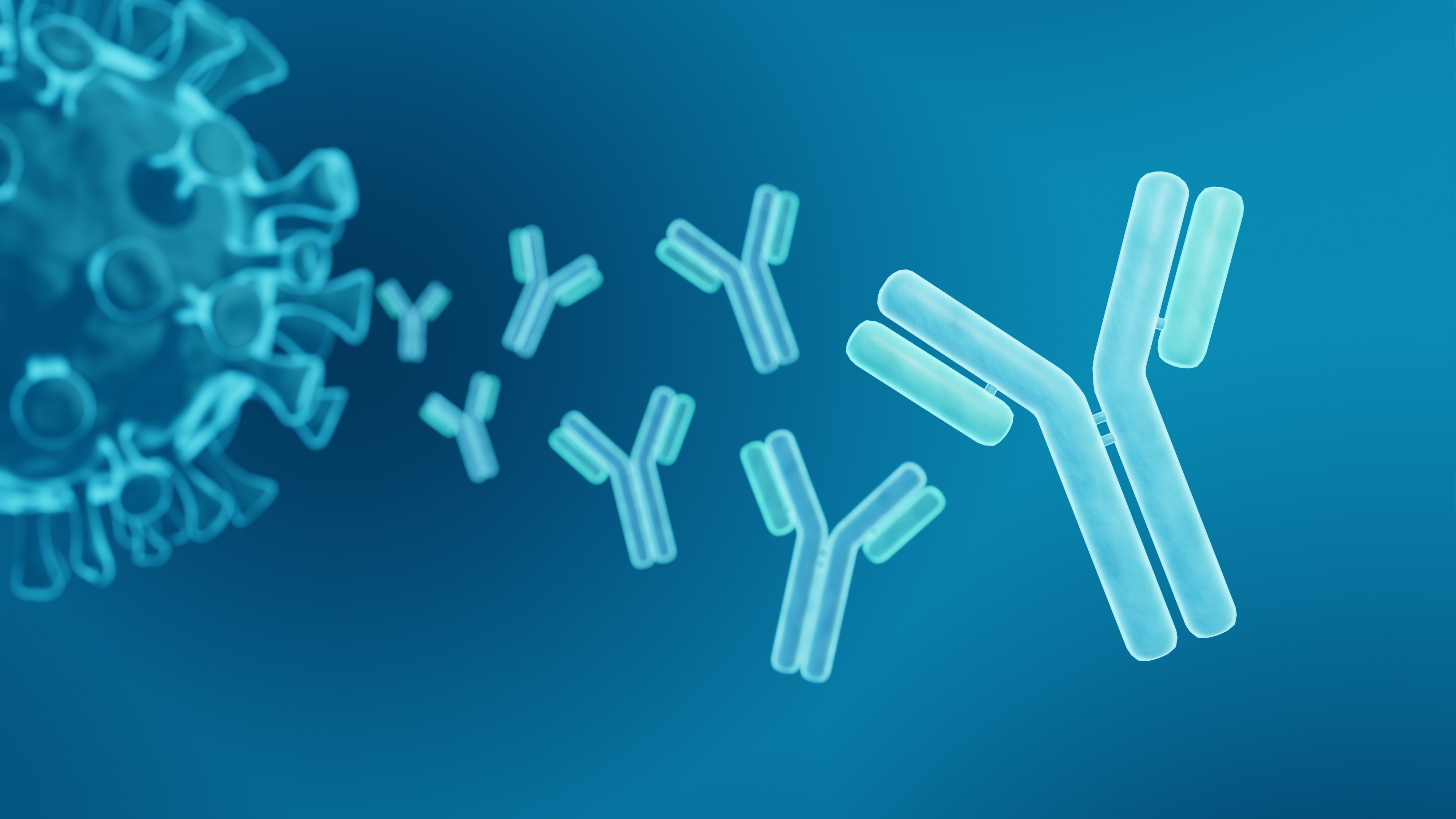2024-11-27
Reprogramming the Tumor Microenvironment: A New Era for Viro-Immunotherapy
Allergology and Immunology
Oncolytic virus therapy, such as herpes simplex virus 1 (oHSV), has
shown promising results in treating cancers like glioblastoma (GBM) and breast
cancer brain metastases (BCBM). However, its effectiveness is often limited by
the resistance of tumor cells and their microenvironment (TME). A major
breakthrough has identified the growth factor IGF2, induced by oHSV, as a key
player in this resistance. This study introduces oHSV-D11mt, a next-generation
oncolytic virus designed to neutralize IGF2 and remodel the TME to enhance
anti-tumor immune responses.
The study confirms that IGF2 plays a central role in resistance to oHSV therapy by activating the NFκB pathway and IGF1R receptor in tumor cells, thereby promoting tumor progression and an immunosuppressive TME. Conversely, oHSV-D11mt, which locally delivers the decoy receptor IGF2R-D11mt, blocks IGF2 activity, reduces immunosuppression, and increases CD8+ cytotoxic T lymphocyte infiltration, thereby enhancing anti-tumor responses.
Unraveling Resistance Mechanisms in Virotherapy
In this study, researchers combined transcriptomic analyses, in vitro assays, and murine models to investigate resistance mechanisms to oHSV therapy and assess the efficacy of oHSV-D11mt.The study confirms that IGF2 plays a central role in resistance to oHSV therapy by activating the NFκB pathway and IGF1R receptor in tumor cells, thereby promoting tumor progression and an immunosuppressive TME. Conversely, oHSV-D11mt, which locally delivers the decoy receptor IGF2R-D11mt, blocks IGF2 activity, reduces immunosuppression, and increases CD8+ cytotoxic T lymphocyte infiltration, thereby enhancing anti-tumor responses.
A Promising Future for Viro-Immunotherapy
This study demonstrates that the next-generation oHSV-D11mt outperforms traditional oncolytic viruses by specifically targeting and neutralizing IGF2. This approach not only improves tumor cell destruction but also boosts immune cell-mediated cytotoxicity. Furthermore, it sensitizes tumors to immune checkpoint inhibitors (anti-PD-L1), offering a promising therapeutic synergy that paves the way for new combination strategies to tackle resistant cancers.
Last press reviews
Birch allergy: could one shot change everything?

#AllergicRhinoconjunctivitis #IgG4 #Allergoid #BirchPollen #Immunotherap...
Allergies: could the gut hold the key?

#SeasonalAllergicRhinitis #Probiotics #Prebiotics #GutMicrobiota...
Parkinson’s disease: bone health shouldn’t be overlooked

#ParkinsonsDisease #Osteoporosis #FractureRisk #FRAX #Prevention...